Professional Chimney Inspections for Safe Home Heating
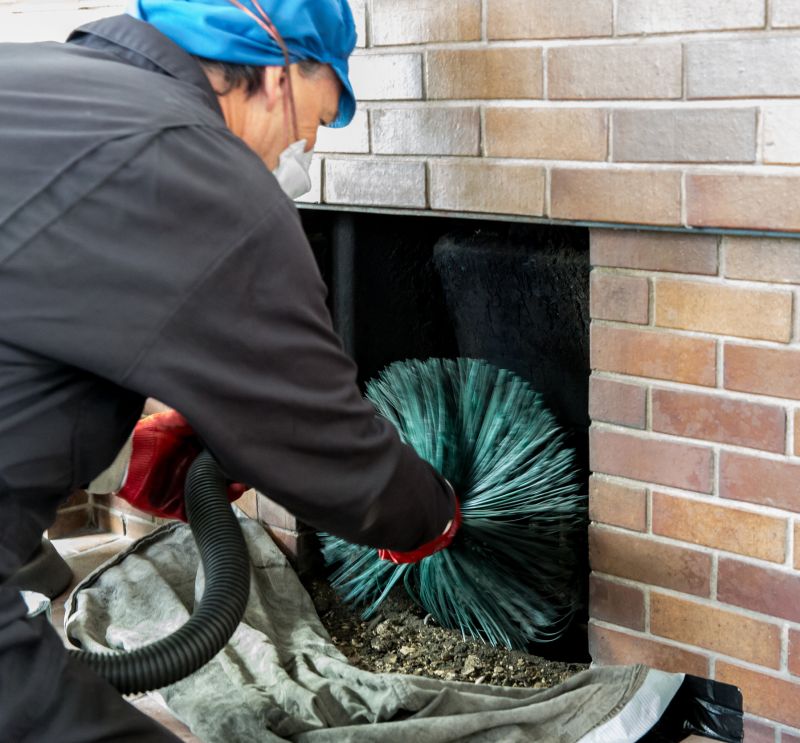
High-quality cameras and tools are used to thoroughly examine the interior and exterior of chimneys, ensuring accurate assessments.
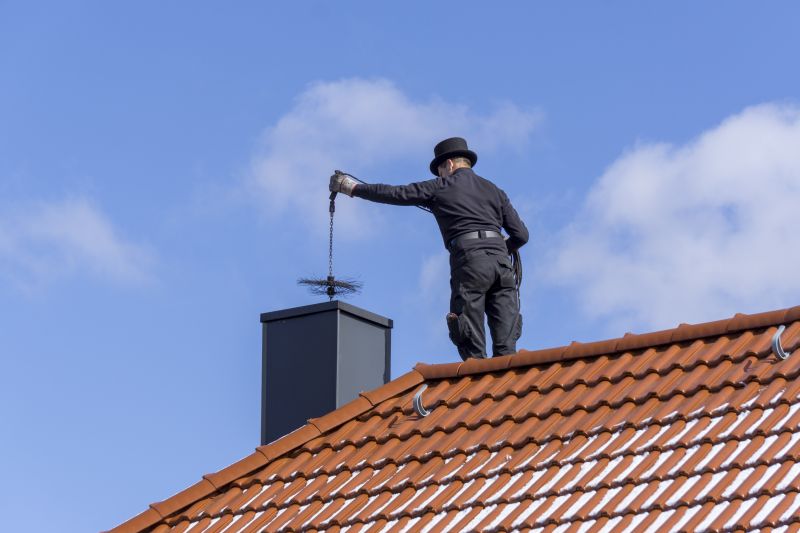
Certified technicians utilize advanced techniques to identify potential issues, including blockages, cracks, and creosote buildup.
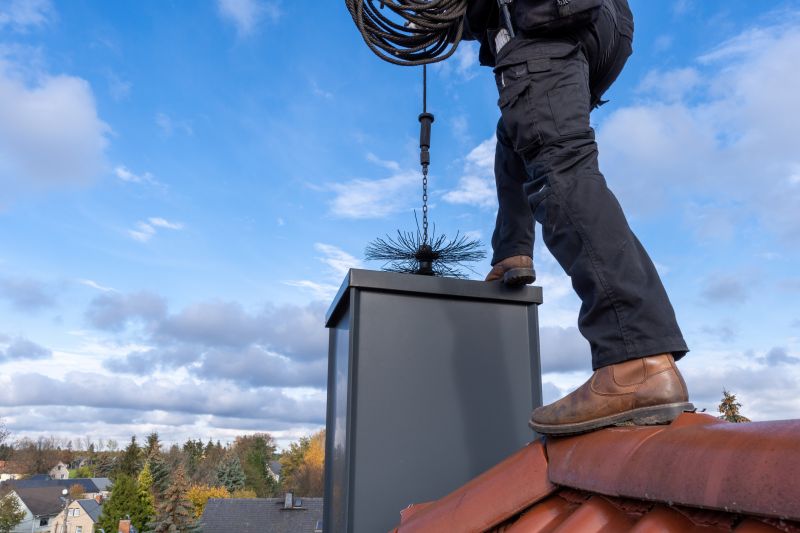
Photos of inspected chimneys show detailed conditions, highlighting areas needing maintenance or repair.
Chimney inspections are essential for maintaining safe and efficient fireplace and stove operation. Regular evaluations can prevent costly repairs and reduce the risk of fire hazards. Studies indicate that a significant percentage of chimney-related fires are caused by undetected creosote buildup or structural damage. Professional inspections typically take between 30 minutes to an hour, depending on the chimney's complexity and condition. During this time, trained inspectors examine the chimney's interior and exterior, checking for blockages, deterioration, and other potential issues.
The inspection process involves visual assessments, the use of specialized cameras, and sometimes the removal of components to access hidden areas. This comprehensive approach ensures that all potential safety concerns are identified early. Hiring a professional for chimney inspections is recommended because of their expertise in recognizing subtle signs of damage that may not be apparent to untrained eyes. Proper inspections can extend the lifespan of the chimney, improve safety, and enhance the efficiency of heating appliances.
Level 1 inspections are visual and suitable for chimneys in good condition. Level 2 involve more detailed checks, including camera scans, especially after repairs or obstructions. Level 3 are comprehensive assessments used when serious issues are suspected.
Cracks in the chimney structure, creosote buildup, obstructions, damaged mortar joints, and corrosion are typical problems identified during inspections.
Ensures safety, improves appliance efficiency, prevents fire hazards, and extends the lifespan of chimney components.
| Inspection Type | Description |
|---|---|
| Level 1 | Visual inspection of accessible parts of the chimney for obvious defects. |
| Level 2 | Includes Level 1 plus the use of cameras to examine internal components. |
| Level 3 | In-depth inspection involving removal of parts to access hidden areas when serious issues are suspected. |
| Post-Repair Inspection | Conducted after repairs to verify that issues have been resolved. |
| Pre-Season Inspection | Performed before the heating season to ensure safety and efficiency. |
The time required for a professional chimney inspection varies based on the type and condition of the chimney but generally ranges from 30 minutes to an hour. This process includes a detailed visual assessment, the use of inspection tools, and documentation of findings. Regular inspections are recommended annually or after any significant changes or repairs to the chimney system. Properly maintained chimneys contribute to safe operation and can prevent dangerous situations caused by unnoticed damage or buildup.
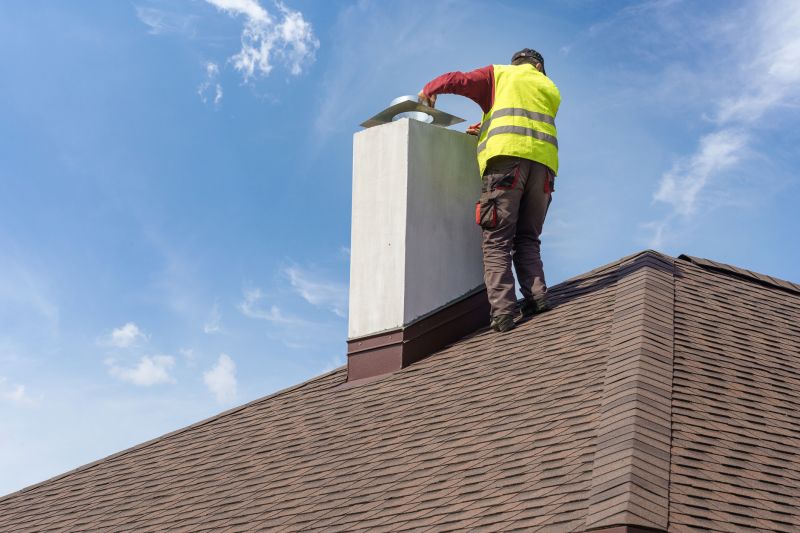
Photos of inspected chimneys showing detailed conditions, including areas of concern and recommended repairs.
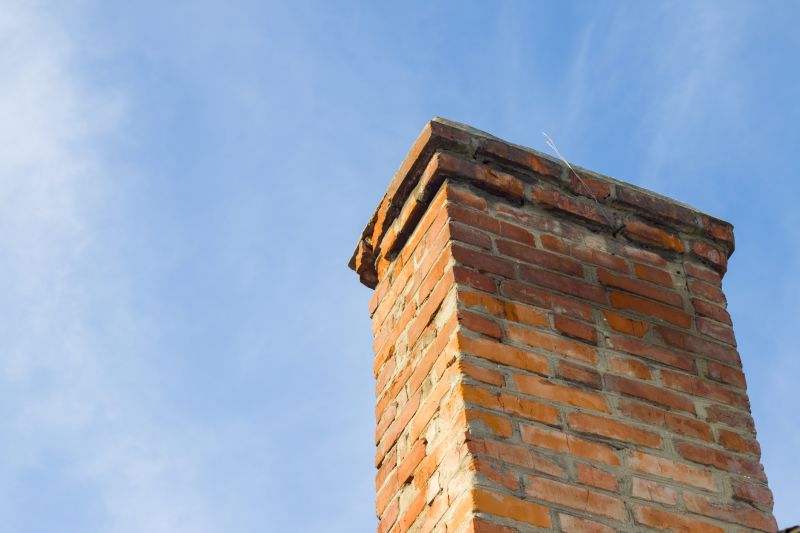
Images of a chimney after professional repairs, demonstrating proper restoration and maintenance.
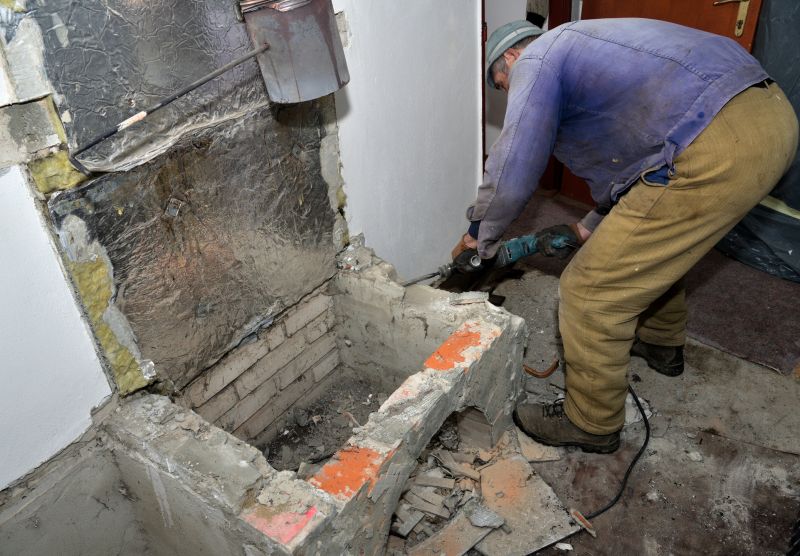
Finished inspections with documentation provided to clients, ensuring transparency and clarity.
Scheduling regular chimney inspections is a proactive step toward ensuring safety and optimal performance. Professionals can detect issues early, preventing potential hazards and costly repairs. For those interested in arranging an inspection or obtaining a quote, filling out the contact form provides an easy way to initiate the process.
